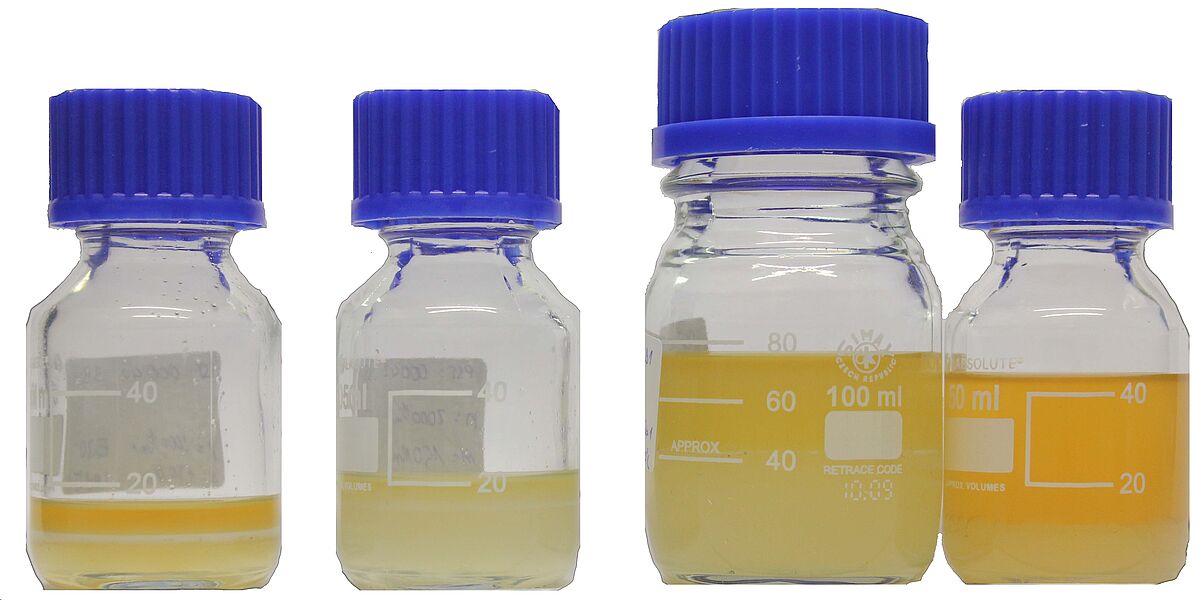Influence of new petrol fuels on the ageing of lubricants and the resulting tribological properties of engine components
Description:
In addition to mineral fuels, new alternative bioalcohol blends will become increasingly important in the petrol sector in the future. This is due to the scarcity of fossil fuels and environmental concerns, including demands to reduce critical greenhouse gas emissions. The new fuels offer advantages in terms of engine combustion and the resulting exhaust emissions due to their shorter molecular chains and the resulting low C/H ratio, higher oxygen content and higher evaporation enthalpy.
The aim of the project is to systematically analyse and evaluate in detail for the first time the effects of two bioalcohol blends on the lubrication system of a petrol DI passenger car engine that complies with the current Euro 6 exhaust emission standards. A test engine of the above-mentioned category will be operated on an engine test bench with a reference fuel ‘E0’ as well as with “M15” (petrol with 15% v/v methanol) and ‘E30’ (petrol with 30% v/v ethanol).
At selected operating points in the engine map, cylinder charge and blow-by condensate samples are generated in short-term tests and the content of short-chain organic carboxylic acids and anions is determined using newly adapted analysis methods. These results are used to determine operating points that are particularly critical in terms of oil and wear, and to define test conditions for long-term tests lasting over 500 hours.
In endurance tests, the influence of the two bioalcohol blends on the engine lubricating oil and engine wear is investigated in detail. Systematic lubricating oil analyses are carried out using newly developed analysis methods to determine the influence of the new fuels on the oil composition, ageing and tribological properties of engine components.


